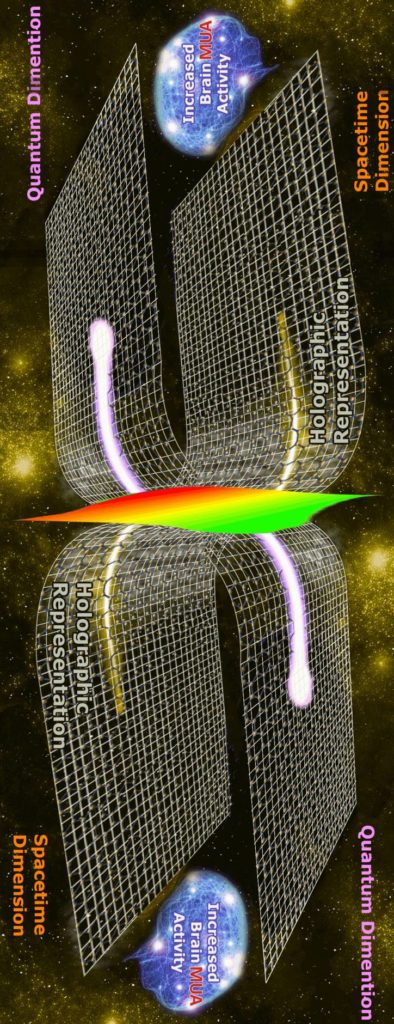
The Function-Gradient Quantum Gravity’s Potential State Theorem proposes that the quantum state of any physical system in a gravitational field can be described by a wave function that depends on the potential state, the gradient force, and the gravitational field strength. The potential state is a function of the distribution of matter and energy in the system and it determines the quantum properties of the particles, such as their energy and momentum. The gradient force is a function of the gradient of the potential state and it determines the motion and direction of the particles. The gravitational field strength is determined by the gravitoelectromagnetic fields, which can interact with each other and with the quantum fluctuations of the vacuum, creating complex patterns of energy and momentum. This theorem aims to unify quantum mechanics and general relativity and may have implications for our understanding of the quantum properties of particles in gravitational systems and for the development of future quantum technologies.